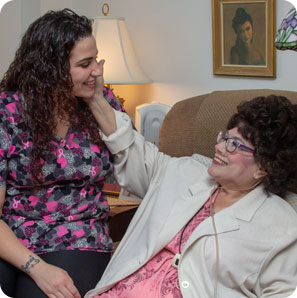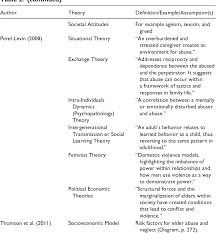
A dementia care program can be helpful for many reasons. Some of the benefits include: the ability to provide 24-hour supervised care to someone with advanced dementia; a caregiver can assist the individual in performing everyday activities such as bathing and dressing. In later stages, the individual may show signs of aggression and confusion. This condition can prove to be difficult for patients and their families. This article will address the benefits and costs associated with a dementia care program.
Alzheimer's care programs
Medicaid Waivers are government-funded programs that provide care for people with certain disabilities. They may receive care at home, in the homes of relatives, in an adult foster care home, or in an assisted living residence. Individuals need to have specific functional limitations in order to qualify for Medicaid benefits. Many patients with Alzheimer's disease are low-income and do not work, and Medicaid benefits can help offset the cost of care.
Respite Care is an option for caregivers who need to be away from Alzheimer's patients. The service can provide assistance to the patient in their home, in a health care facility, or at an adult day care center. It can last from a few hours until several weeks. The respite service can be used by caregivers for as long or as needed. Respite care services usually charge by the day or week, and most insurance plans do not cover these services. The entire cost of services must be paid by the family.

Resources for family caregivers
While family caregivers can be overwhelmed with the responsibility of caring for a loved one who has dementia, they don't have to do it alone. Texas has many resources that can be used by family caregivers. The National Institute on Aging has helpful tips for family caregivers. They also have information on dementia and its symptoms. Also, the National Institute offers information about dementia treatment, including clinical trials and other research findings.
As a resource, support groups are also a valuable option. These groups can be a safe place for caregivers to share their feelings and seek support. Also, caregivers may benefit from a caregiver support group that allows them to get advice and help from others in similar situations. AARP offers a guide to help family caregivers locate local resources and find a dementia program. Talking to a professional is a good idea if you are trying to decide whether or no to enroll your loved-one in a care program for dementia.
Costs
Although the cost of dementia care can be high, it is possible to pay for the necessary medical care. Medication, doctor's visits, and treatment of any accompanying medical conditions are all necessary for preserving a good quality of life. Many seniors can continue living independent and comfortable lives many years after being diagnosed with dementia. Medicaid covers nursing home care but some families may not be able to afford it. There are dozens of ways to pay for dementia care, including supplemental insurance, non-Medicaid assistance programs, and relocation to a lower-cost state.
Although the disease itself is incurable, the cost of dementia care programs is still much higher than the costs of other chronic diseases. In 2010, the average Alzheimer’s sufferer paid $41,000. This amount is expected increase by nearly $511 million by 2040. This is because the majority of these costs are not covered by insurance. Therefore, it is important to know your options for payers. The cost of a facility's services will impact the patient's experience.

Impact on the health care system
Programs for dementia care can improve the quality and life expectancy of people with dementia. They are becoming a more common and popular option due to their cost-effectiveness and personalized care. The federal government has given significant funding to medical students. Medicare's graduate medical education program focuses on hospital-based training and identifies dementia as a high-priority area of shortage. In order to meet the rising demand for dementia-care services, funding programs should be expanded beyond hospitals.
The research team looked at 38 options for dementia policy. Based on their findings the research team identified 25 priorities policy options that could improve care, lower costs, and increase access for dementia-specific LTSS. These policy options address the issues that patients and caregivers face, such as stigma, inadequate access to care and reliance on external services. They also address the issues facing the health care system such as the need for improved community resources, and the integration dementia care programs.